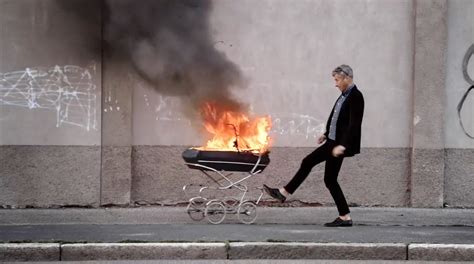A Quote by Pablo Picasso
Critics, mathematicians, scientists and busybodies want to classify everything, marking the boundaries and limits... In art, there is room for all possibilities.
Related Quotes
I think there was, like, a childhood moment where I had to pick shoes, either non-marking or marking shoes. The marking shoes were Spider-Man shoes. I'm like, 'Well, I want the Spider-Man shoes.' But I also didn't want to mark the court; I want to be able to play. I chose the generic, non-marking shoes.
Everything has boundaries. the same holds true with thought. you shouldn't fear boundaries, but you also should not be afraid of destroying them. that's what is most important if you want to be free: respect for and exasperation with boundaries. what's really important in life is always the things that are secondary.
Walkers are 'practitioners of the city,' for the city is made to be walked. A city is a language, a repository of possibilities, and walking is the act of speaking that language, of selecting from those possibilities. Just as language limits what can be said, architecture limits where one can walk, but the walker invents other ways to go.
It is a melancholy experience for a professional mathematician to find himself writing about mathematics. The function of a mathematician is to do something, to prove new theorems, to add to mathematics, and not to talk about what he or other mathematicians have done. Statesmen despise publicists, painters despise art-critics, and physiologists, physicists, or mathematicians have usually similar feelings: there is no scorn more profound, or on the whole more justifiable, than that of the men who make for the men who explain. Exposition, criticism, appreciation, is work for second-rate minds.
To the scientists of the Renaissance, your critic was really your ally, helping you advance upon reality. Critics in science are not like drama critics, determining flops and successes. Criticism to scientists is just another means of finding out whether they're wrong, like running another experiment to see if it confirms or refutes a theory. Along with the advocacy principle of the courtroom, It is one of the best ways human beings have evolved to get closer to the truth.
I would like to be remembered as the reporter who snuck back stage to all the off-limits shows, be it the Vatican dressing room, the Pentagon war room, or the Celtics locker room. Some curtains ought never to be pulled back; others deserve to be ripped down. When appropriate, I want to be the curtain remover.








































